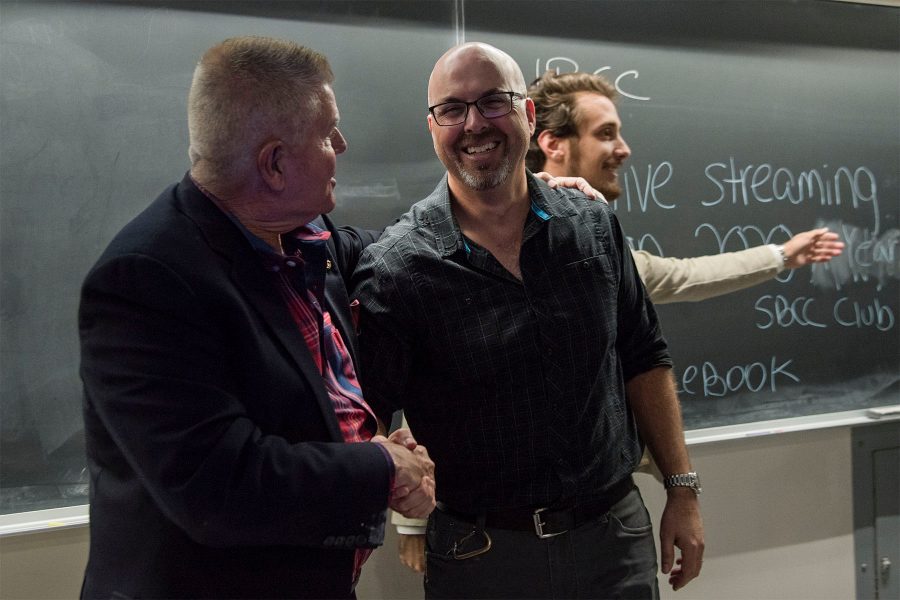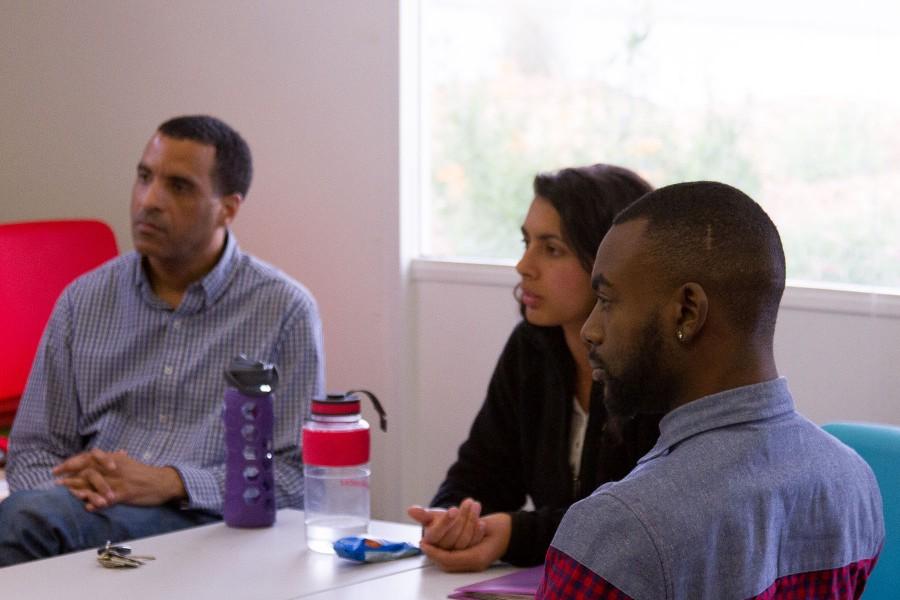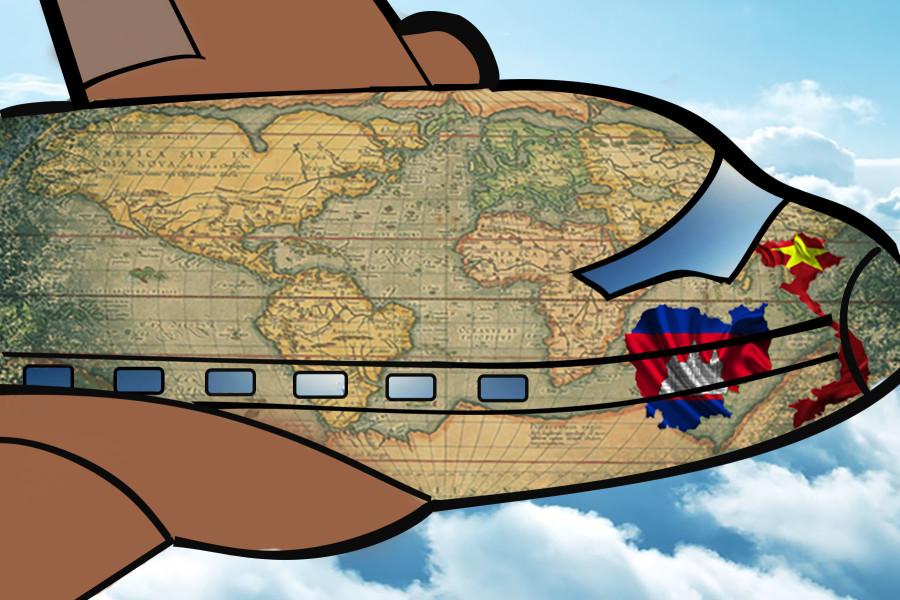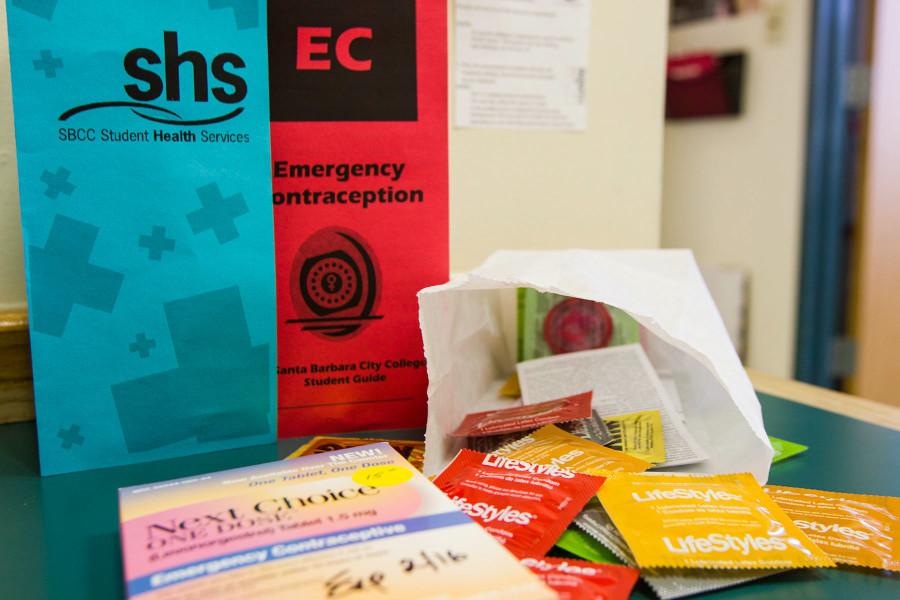Everybody loves to get presents. The best kind of present to receive most often comes with internet connection, touch screen, and tons of fun applications. But would everybody still love their shiny new laptops and cell phones if they knew of all the bloodshed and destruction that it took to get it into their hands?
Although millions of Americans can effortlessly navigate through the Internet and countless applications on their smartphones and PDA’s, hardly any of them know that beneath the hard, shiny casing lie rare and precious minerals from some of the most beautiful places on earth. Another major detail overlooked by most electronics owners are the millions of people who suffer as a result of our cultural demands.
The Democratic Republic of the Congo contains an abundance of the world’s tin, tantalum, and tungsten; the three most sought after minerals used in our everyday electronics.
Although the land is blessed with an abundance of the world’s most valuable reserves, Congo unfortunately suffers from decades of war and corruption. Numerous problems that accumulated over hundreds of years have finally added up to indefinite devastation for Congo and its neighboring countries. Since 1998 over five million people have died in eastern Congo alone because of the war on minerals.
Most of the widely known multinational corporations are participants in the trading of conflict minerals; including Apple, Dell, Intel, Sony and Hewlett Packard.
The men, women and children in displacement camps who don’t die from starvation or disease must live every day in fear of being murdered, abducted, or dying while digging for minerals.
Wages are meager at best for those who work in the mines they get paid between $1 and $5 a day to dig for minerals inside small crawl spaces and holes. When the miners come upon the valuable minerals they are forced to pay taxes on what they found. The conditions in the mineshafts are life threatening, and the workers are treated worse than slaves. Many are too afraid to escape or to oppose working in the mines, because armed and extremely dangerous rebel army groups are controlling them.
After they are mined, the minerals are transported to trading towns to be sorted and processed by any of the hundreds of trading houses, which mostly operate illegally without trading licenses or registration. Although the U.N. appointed export monitors workers to control illegal mineral trade inside the Congo, there are still many loopholes, which allow much of the conflict minerals to still be traded.
The money that multinational corporations like Apple and Dell pay for the natural minerals does not go to improving the lives of the Congolese. It does not go to the children or the schools. It isn’t given to hospitals or used to improve health care. 90 percent of the money goes straight to the few people of the corrupt, but powerful elite.
The millions of dollars profited from the illicit mineral trading are used by the rebel army groups to purchase more weapons and keep control over the Congolese people.
Of course, Americans must face a terrible hardship as well when they buy a brand new fancy cell phone. The misfortune of forfeiting $500 or $600 is nearly unbearable. But your new favorite possession may come at a much higher price than just the cash you shell out for it.
The most desired possessions in the world are the exact ones that cause the most abuse in our world. If we trade our smartphones, laptops, and digital cameras for more basic electronics which don’t require so much of the world’s natural minerals, it just may cause mass pandemonium. Or it may not. We won’t be able to notice any change until after we make an effort to at least get the ball rolling.
Presents are wonderful, but the gift of life is something that is unmatched in terms of precedence. Boycotting some of our most popular electronics distributors may seem like a daunting task, but the trade off could be lifesaving.













